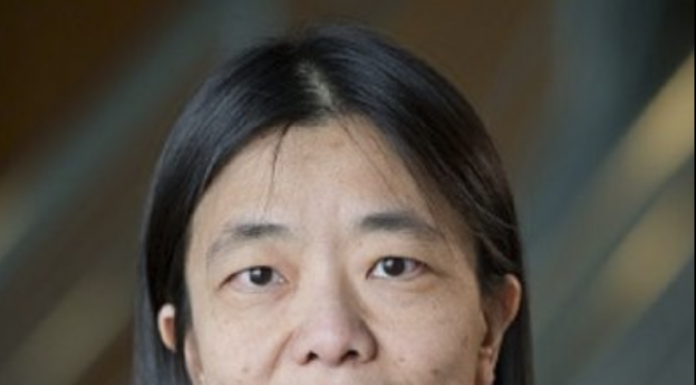WBUR – Dr. Vivian Cheung takes steroids to manage a rare genetic disease.
The drugs suppress her immune system, which puts her at high risk of getting very sick from COVID-19. It also means that her body didn’t really make antibodies in response to two shots she got of the Moderna COVID-19 vaccine.
Cheung is a pediatrician and research scientist. Before the coronavirus pandemic, she flew weekly from her clinic at the National Institutes of Health in Maryland to her lab at the University of Michigan.
“We put everybody’s name into a lottery. If people literally get their name pulled in the lottery, we bring them in for an injection.”
Now she hasn’t been to her lab in two years. “Except for work, I don’t go out at all,” she says. “I haven’t been inside of a grocery store for over a year.”
In December, the Food and Drug Administration authorized Evusheld, a monoclonal antibody combination from the drug company AstraZeneca that’s designed to give patients like Cheung protection.
For those who don’t respond well to vaccines, Evusheld shots put COVID-fighting proteins directly into their bodies.
Analysis by AstraZeneca — completed last year — showed that the drug reduced the risk of getting COVID-19 by 77% and that the protection from a single two-shot treatment lasted for at least six months.
Early data suggests it may work less well against the omicron variant of the coronavirus, but it is still expected to offer some protection.
“Immunosuppressed patients hospitalized with COVID-19 have a higher odds of in-hospital complications and death.” – National Institutes of Health, Inés Suárez-García et al, August 3, 2021
That gave Cheung hope, at a time when doctors say they’re seeing the omicron wave cause a surge of serious breakthrough infections among immune-suppressed people. “Like many people, I thought: ‘Wonderful. Finally, I’ll have coverage against COVID-19,’ ” Cheung says.
But the drug is in short supply. The federal government controls distribution. It has shipped nearly 400,000 doses to health care providers and has ordered 1.2 million doses to date. Around 7 million people in the U.S. could benefit from the drug.
The scarcity has forced some doctors to run a lottery to decide who gets it … read more.



